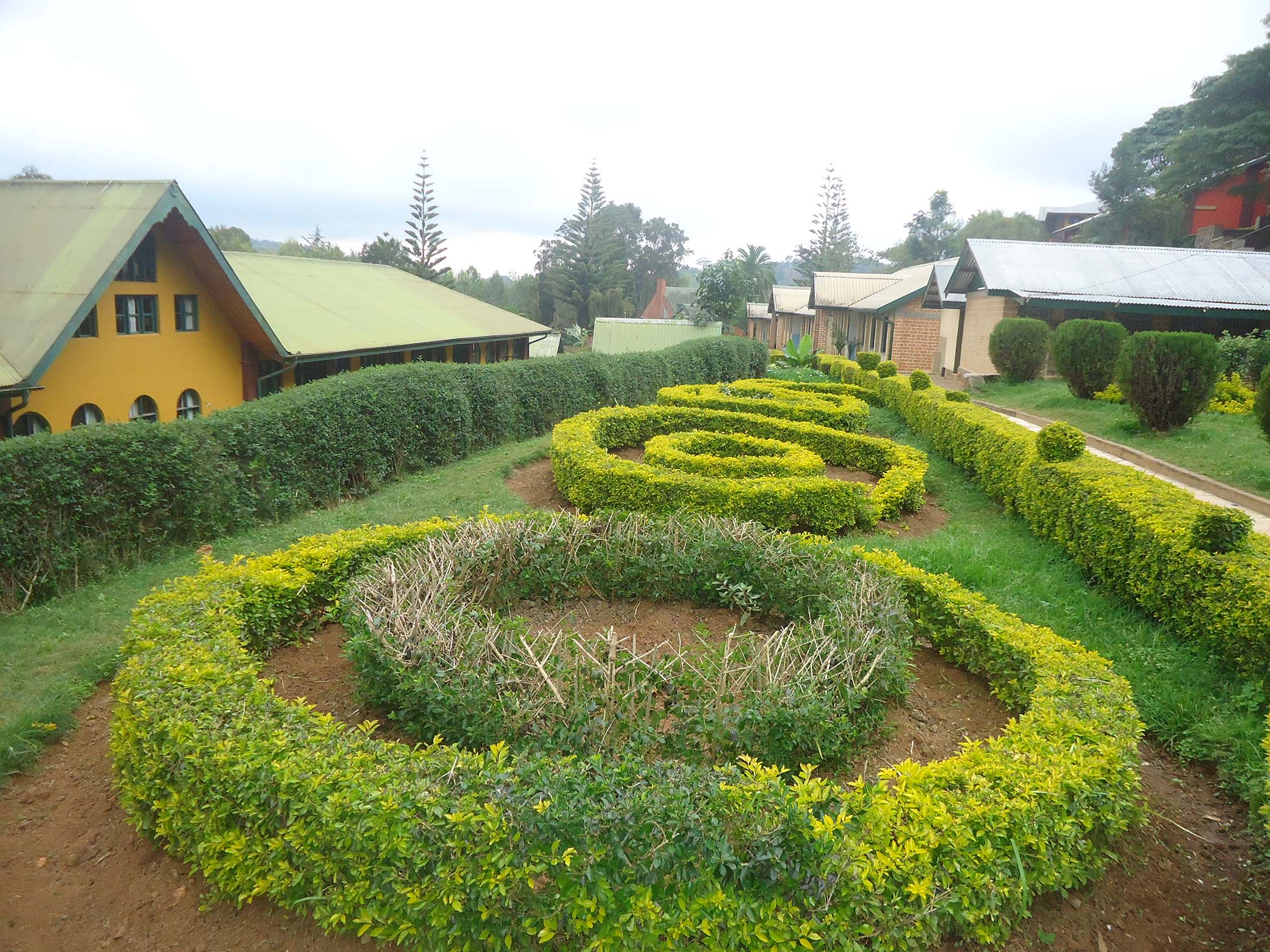St. Mary’s Mazinde Juu Secondary School, a beacon of holistic education, has taken a significant step towards promoting sustainable living and self-sufficiency by introducing a comprehensive Shamba Management program. This innovative initiative empowers young women with the knowledge and skills to cultivate their own food, fostering a deep appreciation for nature and a sense of responsibility towards the environment.
The Shamba Management program offers a hands-on approach to agriculture, enabling students to learn by doing. They are taught various aspects of farming, from soil preparation to harvesting, ensuring a well-rounded understanding of agricultural practices. By engaging in practical activities, students develop a strong connection to the land and appreciate the hard work involved in producing food.
Soil Preparation and Fertility
One of the core components of the program is soil preparation. Students learn the importance of healthy soil and the various techniques used to improve soil fertility. They are taught how to compost organic waste, create raised beds, and use organic fertilizers to enhance soil quality. By understanding the significance of soil health, students are able to cultivate thriving gardens and produce abundant harvests.
Crop Selection and Planting
Crop selection and planting are essential aspects of the Shamba Management program. Students are guided in choosing suitable crops based on factors such as climate, soil type, and market demand. They learn about different planting techniques, including direct seeding and transplanting, and the optimal spacing and depth for various crops. By mastering these skills, students can maximize their yield and ensure a sustainable food supply.
Pest and Disease Management
The program also emphasizes the importance of pest and disease management. Students are taught about common pests and diseases that can affect crops and the various methods to control them. They learn about organic pest control techniques, such as using natural predators and botanical insecticides, minimizing the use of harmful chemical pesticides. By adopting sustainable pest management practices, students can protect their crops and safeguard the environment.
Irrigation and Water Management
Efficient water management is crucial for successful crop cultivation. Students learn about different irrigation techniques, including drip irrigation and sprinkler systems, and the importance of conserving water. They are also taught about water harvesting methods, such as rainwater harvesting, to ensure a reliable water supply for their crops, especially during dry seasons.
Harvesting and Post-Harvest Handling
Proper harvesting and post-harvest handling are essential to maintain the quality and shelf life of harvested crops. Students learn the optimal timing for harvesting different crops, the correct harvesting techniques to minimize damage, and the importance of post-harvest treatments, such as sorting, cleaning, and grading. By following good post-harvest practices, students can ensure that their produce reaches the market in the best possible condition.
Entrepreneurship and Market Access
The Shamba Management program also instills a sense of entrepreneurship in students. They are encouraged to plan and manage their own small-scale farming projects, making decisions about crop selection, resource allocation, and marketing their produce. By taking ownership of their farming activities, students develop valuable life skills such as problem-solving, decision-making, and financial management. Students are also provided with opportunities to connect with local markets and potential buyers, enabling them to sell their produce and generate income from their farming efforts.
Community Engagement and Knowledge Sharing
The Shamba Management program promotes community engagement and knowledge sharing. Students are encouraged to share their knowledge and experiences with their families and neighbors, promoting sustainable agricultural practices within their communities. They can also participate in community gardening projects and workshops, contributing to the overall development of their communities.
By fostering a love for agriculture and empowering young women with the skills to cultivate their own food, the Shamba Management program at St. Mary’s Mazinde Juu is creating a brighter future for its students and contributing to the sustainable development of the region.
The Shamba Management program at St. Mary’s Mazinde Juu is more than just a classroom activity; it is a transformative experience that empowers young women to become self-sufficient and environmentally conscious. By nurturing their green thumbs and instilling a passion for sustainable agriculture, the program equips them with the tools to create a brighter future for themselves and their communities.

 English
English 






